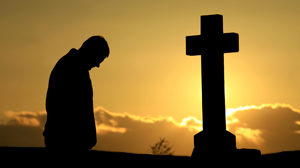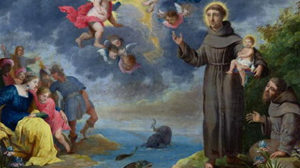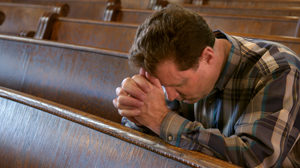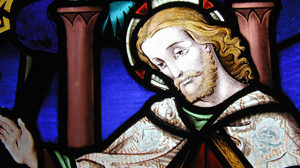2 Kings 2:1, 6-14
Matthew 6:1-6, 16-18
Reflection:
The scriptures always make us think. Who is the most powerful person in the world today? Is it the man who lives in the White House and who flies around in Air Force One? If we reflect on our reading from 2 Kings we might wonder. For it is not King Ahab, the ruler of the northern kingdom of Israel that is praised, but Elijah the prophet. He is the one who speaks to God and for God and he is the one who has the power. The symbol of his power is his simple cloth mantle which he rolls up and uses to strike the water of the River Jordan. The river divides and Elijah and Elisha cross over on dry land.
The dialog that follows is instructive. Elijah is ready to do anything for Elisha. But his servant only asks for a double portion of Elijah’s spirit. The request is honored as Elisha sees Elijah taken up into heaven in a whirlwind. There on the ground is Elijah’s mantle. Elisha picks it up and strikes the water of the Jordan which divides. There is still a prophet in Israel.
Centuries later Jesus will speak of Elijah’s return in the person of John the Baptist, the voice that was crying out in the wilderness. We must believe that God always sends his people the prophet they need.
Fr. Michael Hoolahan, C.P. is on the staff of Mater Dolorosa Passionist Retreat Center, Sierra Madre, California.








